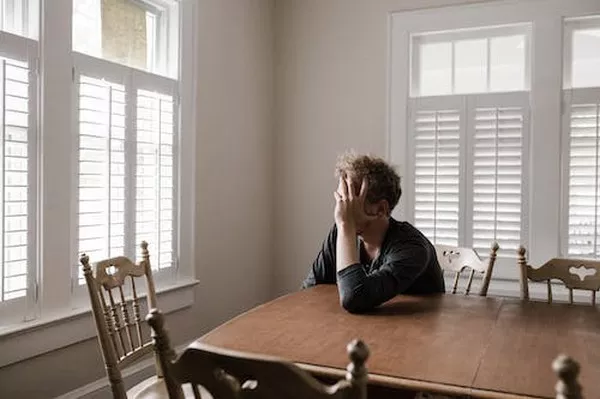The conversation surrounding mental health has transformed over the years, yet addressing psychological well-being remains a challenging endeavor, particularly within the context of Black men.
Jahmal Miller, a prominent voice at Mercy Medical Group, underscores the inextricable link between mental health and overall well-being. “You have no health without mental health,” he asserts, highlighting the fundamental importance of mental well-being.
Within the African-American community, there exists a deeply ingrained cultural stigma that often obstructs open discourse on mental health, especially for men. Miller points out, “Oftentimes, masculinity is defined a certain way, and oftentimes, we don’t see strength in vulnerability.” This perception can create substantial barriers to seeking help and support when needed.
Miller offers a potential solution: enhancing representation within the medical community. According to the American Psychological Association, only 19% of therapists practicing in the United States belong to the BIPOC (Black, Indigenous, and People of Color) community. The underrepresentation of BIPOC mental health professionals can contribute to the hesitance and reluctance of Black men to seek help.
Addressing the stigma surrounding mental health among Black men necessitates a multifaceted approach, involving not only cultural understanding but also equitable representation within the mental health profession. By fostering an environment that embraces vulnerability and encourages dialogue, we can hope to break down the barriers that have long prevented Black men from accessing the mental health care they need and deserve.


























